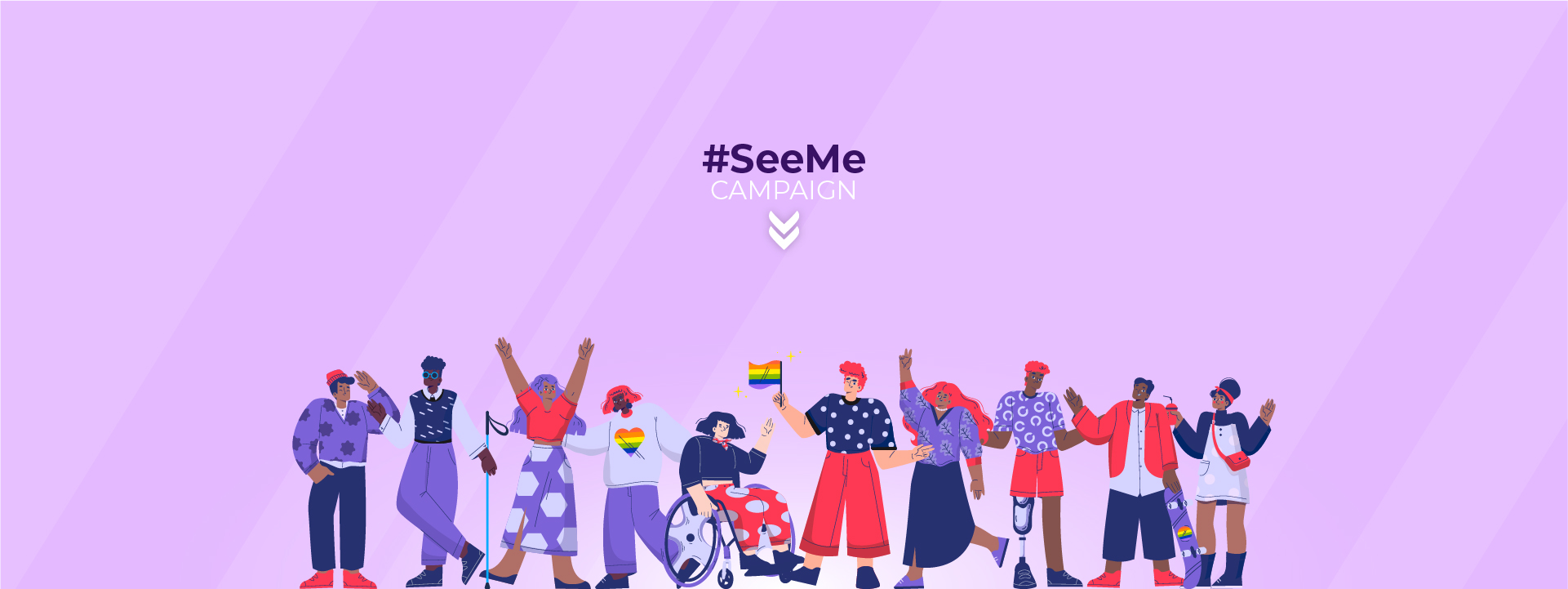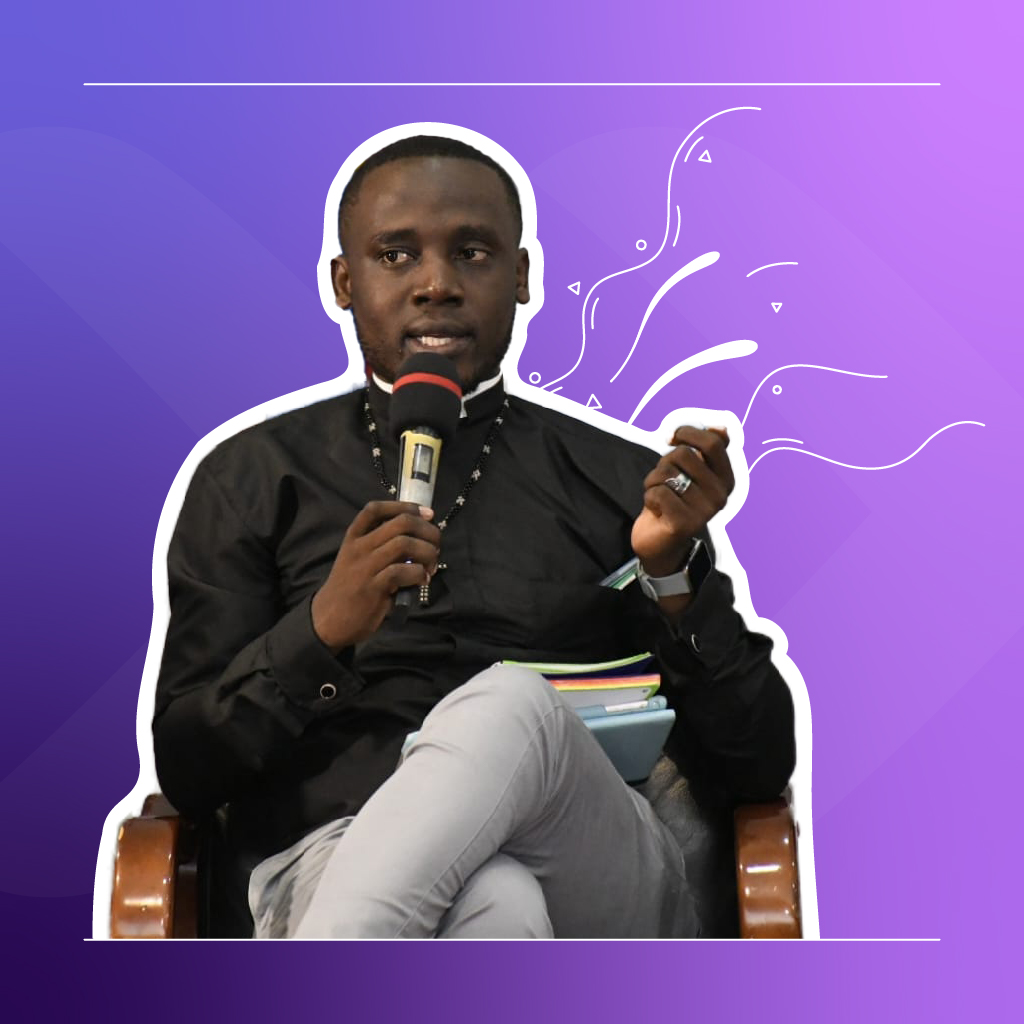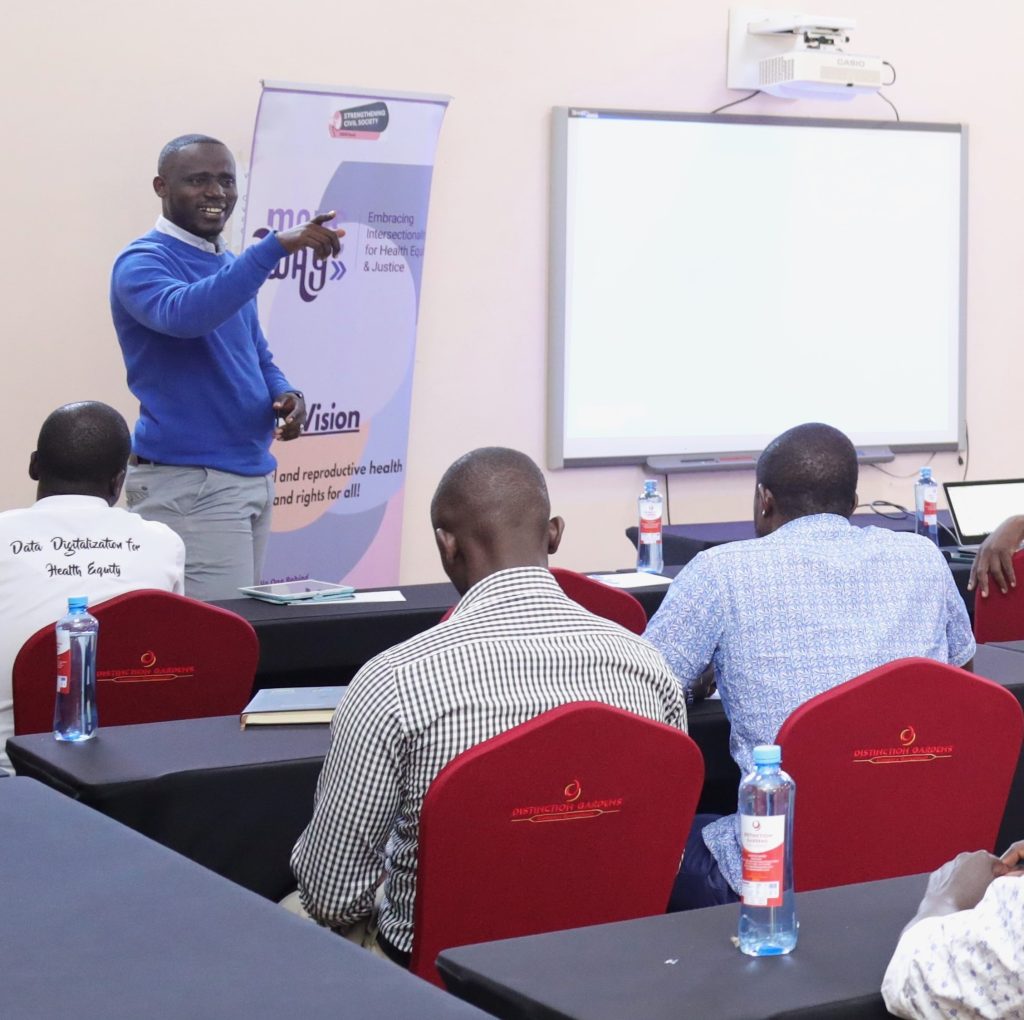Reverend Adera
The clergyman advocating for radical inclusion at the intersections of theology, gender and sexuality
Reverend Adera
Godfrey Owino Adera is unlike your average priest. The youthful theologian and academic researcher is as fluent in the word of God, as he is in human rights; often accompanying each piece of scripture with its matching relevance to equality. As part of his pastoral duties at the Cosmopolitan Affirming Church in Nairobi, Kenya, Adera teaches congregants about radical inclusion – stressing the importance of unequivocally recognising the rights of sexual minorities, especially pertaining to sexual and reproductive health and rights (SRHR).
Read more →
“I come into the space with an acknowledgement that religion has been responsible for fueling discrimination and intolerance towards marginalised groups, but also has great power to convene people and effect change,” he says.
To facilitate the evaluative interpretation of long standing religious attitudes, the reverend employs one of the Make Way programme’s lobby and advocacy tools: the Intersectional See-Judge-Act (ISJA) tool. Based on Christian tradition, this tool allows for participants to identify SRHR issues, relate them to religious texts through an intersectional framework and commit to deliberately acting on them, creating new knowledge and inclusive perspectives for SRHR justice.
Intersectional SRHR from an African perspective
On what intersectionality means to him, Reverend Adera presents the analogy of the African hand woven baskets. “We should think of it like our identities are those crafts interwoven together.” He says, adding that within those layers are the systems of oppression that build upon each other to affect our various identities, either in privilege or oppression.
In particular reference to religiosity, he is also keen on teaching his audience the ways in which systems of oppression like patriarchy interact with certain contexts that support them to create more harm against marginalised groups like women and LGBTQI+ persons. This way, he explains, his audience can better be aware of the ways their beliefs might perpetuate harm.
“It is my work with key populations and youth around intersectional SRHR that helps me understand these multiple identities and how they’re oppressed.” Citing an example of a young, pregnant mother with HIV, he asserts that any push for policies and interventions that enable SRH justice and access for the young woman in this scenario must equally account for their age group, gender and maternal health, adding: “we should be interested in curating interventions that are holistic.”
As a theologian and academic researcher, the Reverend emphasises always starting with the closest example in the community, saying that most of his learning has been through the community, even more so than in books.
Radical inclusion in church ministry
The Cosmopolitan Affirming Church (CAC) where he serves as Pastor on Sundays, is also a safe space for LGBTQI+ people of faith who seek spiritual healing and communion. “We take religion seriously, we also take religion critically.” Reverend Adera elaborates that while certain religious teachings have been interpreted as prejudice, there are also many that can be used to teach empathy. It is the latter that he recommends to his congregation.
His recommendation to fellow religious leaders is to “not compartmentalise so much,” and instead to expand the scope of salvation to prioritise impartial love. He argues that human beings are more than souls. “We live here now and need love and inclusion and healthcare, regardless of identity.”
Reverend Godfrey Owino Adera is also the Programmes Assistant – Religion, Culture and SRHR Advocacy at the Circle of Concerned African Women Theologians, a Make Way partner in Kenya. He credits his ‘partners in crime’ for helping him harness his work for better outcomes, adding: “The programme consistently provides community learning tools that make my academic frameworks accessible to everyone.”
Article by Edna Ninsiima.






